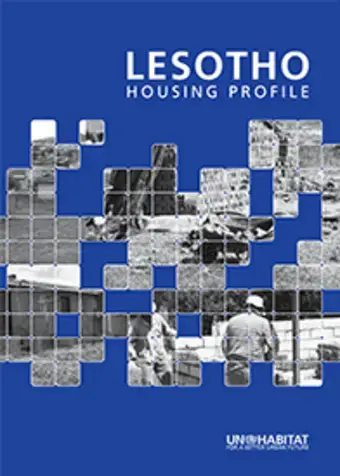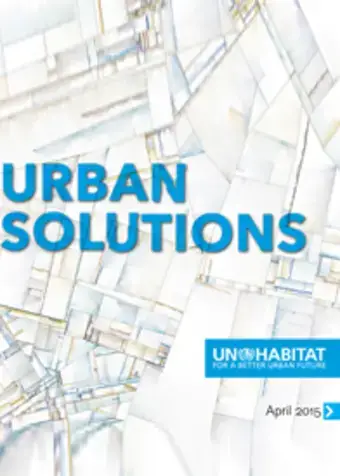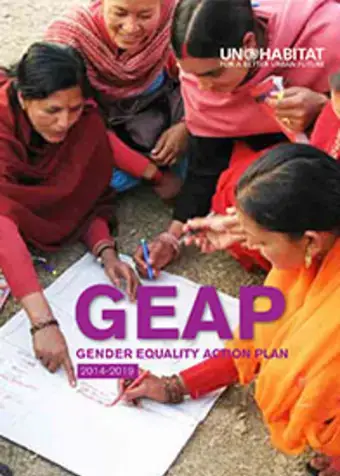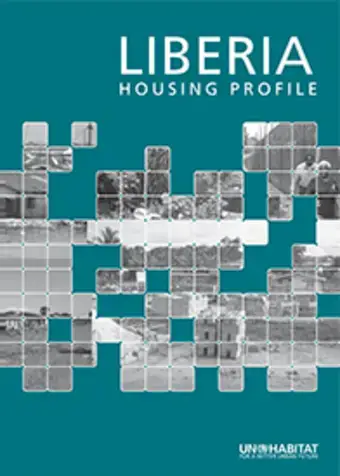Nairobi, 6 May 2015 - The International Network for Bamboo and Rattan (INBAR), a founding member of the UN-Habitat-coordinated Global Network for Sustainable Housing, together with the Ministry of the Environment, the Kenya Forestry Research Institute (KEFRI) and the Kenya Forestry Service (KFS), recently convened a coordination workshop to discuss the development of an integrated national bamboo sector poli
Winners of the Participatory Slum Upgrading Project video competition announced
 Nairobi, 29 April 2015-- A video awards ceremony took place recently to award winners of the recently concluded UN-Habitat Participatory Slum Upgrading Project video competition at the just concluded
Nairobi, 29 April 2015-- A video awards ceremony took place recently to award winners of the recently concluded UN-Habitat Participatory Slum Upgrading Project video competition at the just concluded
Mauritius launches slum upgrading project
 Port Louis: A workshop was held last week to launch the Participatory Slum Upgrading Project in Mauritius.
Port Louis: A workshop was held last week to launch the Participatory Slum Upgrading Project in Mauritius.




